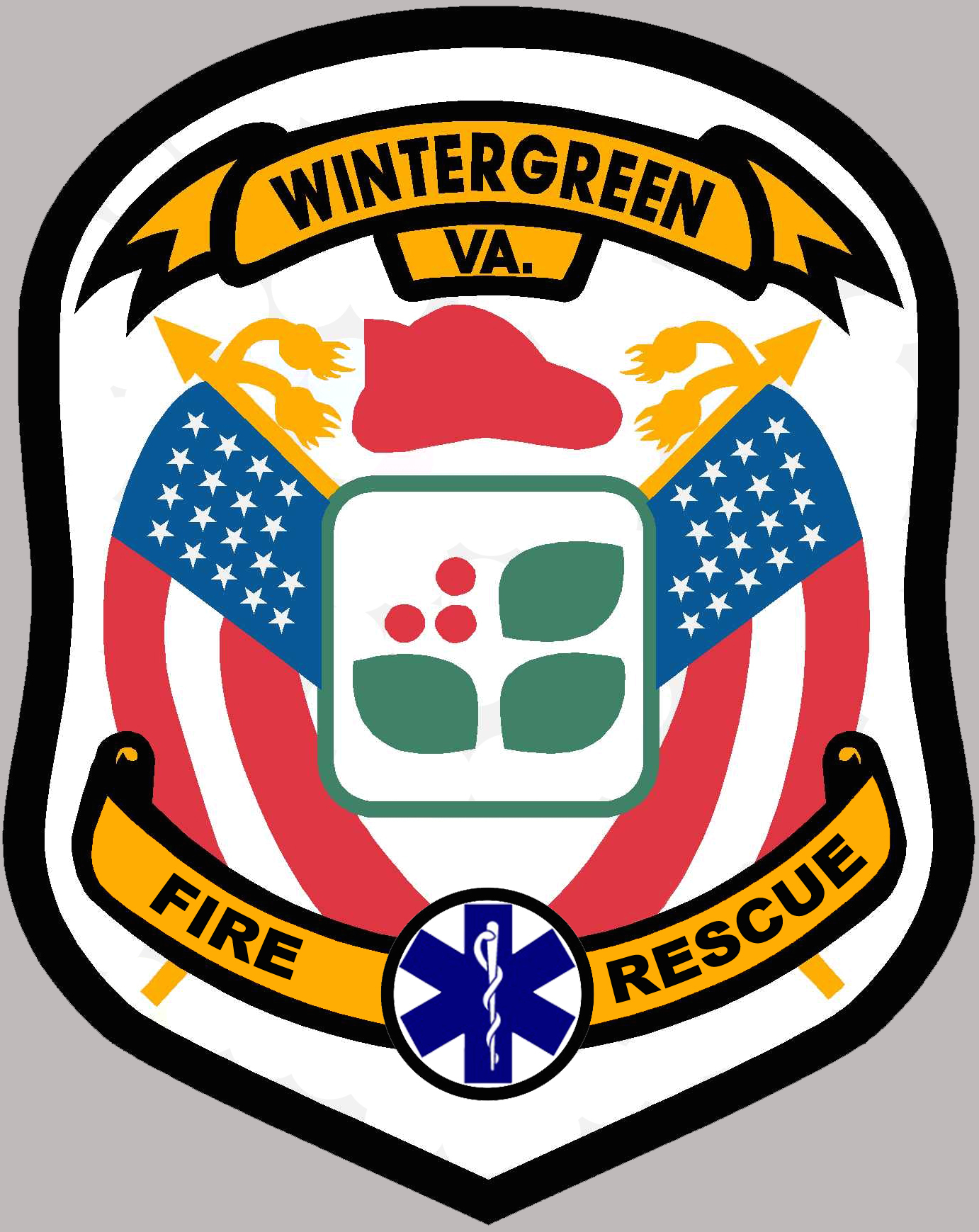Snake Bites - Beware
It is that time of the year where people are hiking or out working in their yards or gardens. At times you may encounter different types of snakes, and yes, some may bite, if surprised. Typically, snakes will only bite to capture prey or in self-defense. Venomous bites will usually have a pair of puncture marks and possibly other teeth marks at the wound site. The three primary venomous snakes you will find in Virginia are the Eastern Copperhead, Northern Cottonmouth, and the Timber Rattlesnake. Adult snakes can control the amount of venom they discharge, which means you could get a dry bite or up to 50-70% of the snake’s venom. However, more important to note that young snakes do not really have the ability to control the volume they deliver and will likely inject 100% of their volume, if your bitten.
Northern Cottonmouth
Timber Rattlesnake
Eastern Copperhead
What are the symptoms of a snake bite?
Severe pain at the site of the bite
Redness, swelling around the bite
Nausea/Vomiting
Labored breathing
Disturbed vision
Increased salivation and sweating
Numbness or tingling around your face and/or limbs
What should I do if my family or myself are bitten?
Try to remember what the snake looked like and write it down; note the color, size, and shape.
Remove any jewelry or watches
Make sure bitten person is kept calm and still as possible
Seek medical attention as soon as possible, call 911
Wash the wound with warm soapy water immediately
Keep wound below the level of the heart
Cover the bite with a clean, dry dressing
What NOT to do if you or someone else is bitten by a snake:
Do not pick up or try to trap the snake
Do not apply a tourniquet
Do not cut the wound with a knife and/or try to suck out the venom
Do not apply ice or immerse the wound in water
Do not drink alcohol as a pain killer
Do not drink caffeinated beverages
How can I prevent getting bit by a snake?
Be careful where your hands and feet are placed when your hiking or working in the yard.
Wear high-top leather boots when walking through dense vegetation
Camp away from swamp, streams, dense foliage, and other places where snakes are known to habitat.
If a snake is encountered, slowly back away from and avoid touching the snake
What should I do if my pet is bitten by a snake?
Contact your veterinary clinic as soon as possible or take your pet to your vet or emergency vet clinic.
Get description of the snake for possible antivenom
Do NOT try to catch or kill the snake
Keep the owner and pet as calm as possible!
You may also check out “Identifying Snakes – The Good and The Bad”, click here
References:
Cleveland Clinic. (2014, November 21). Snake Bites. Cleveland Clinic.
CDC. (Accessed 2020, May 8). How to Prevent or Respond to a Snake Bite. CDC.



